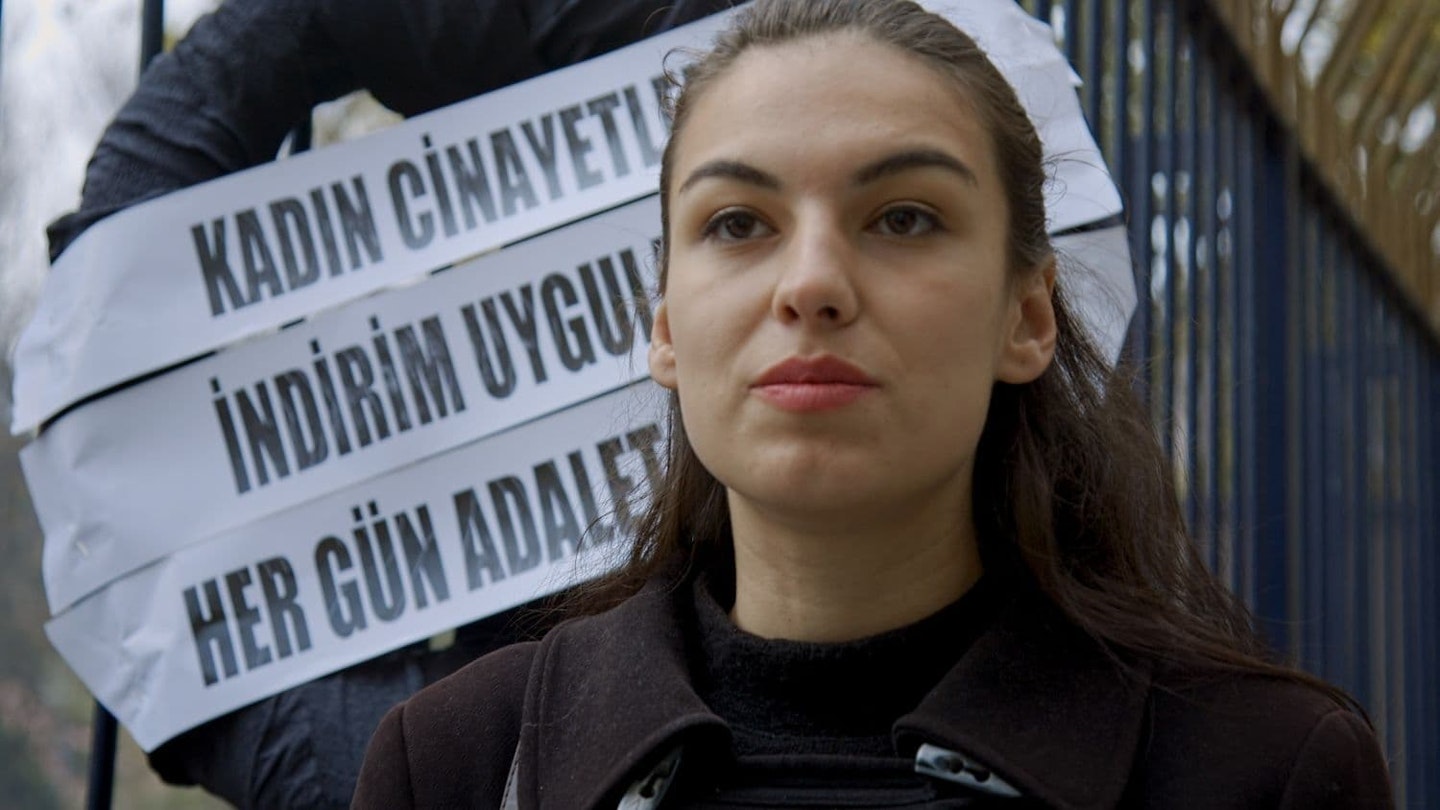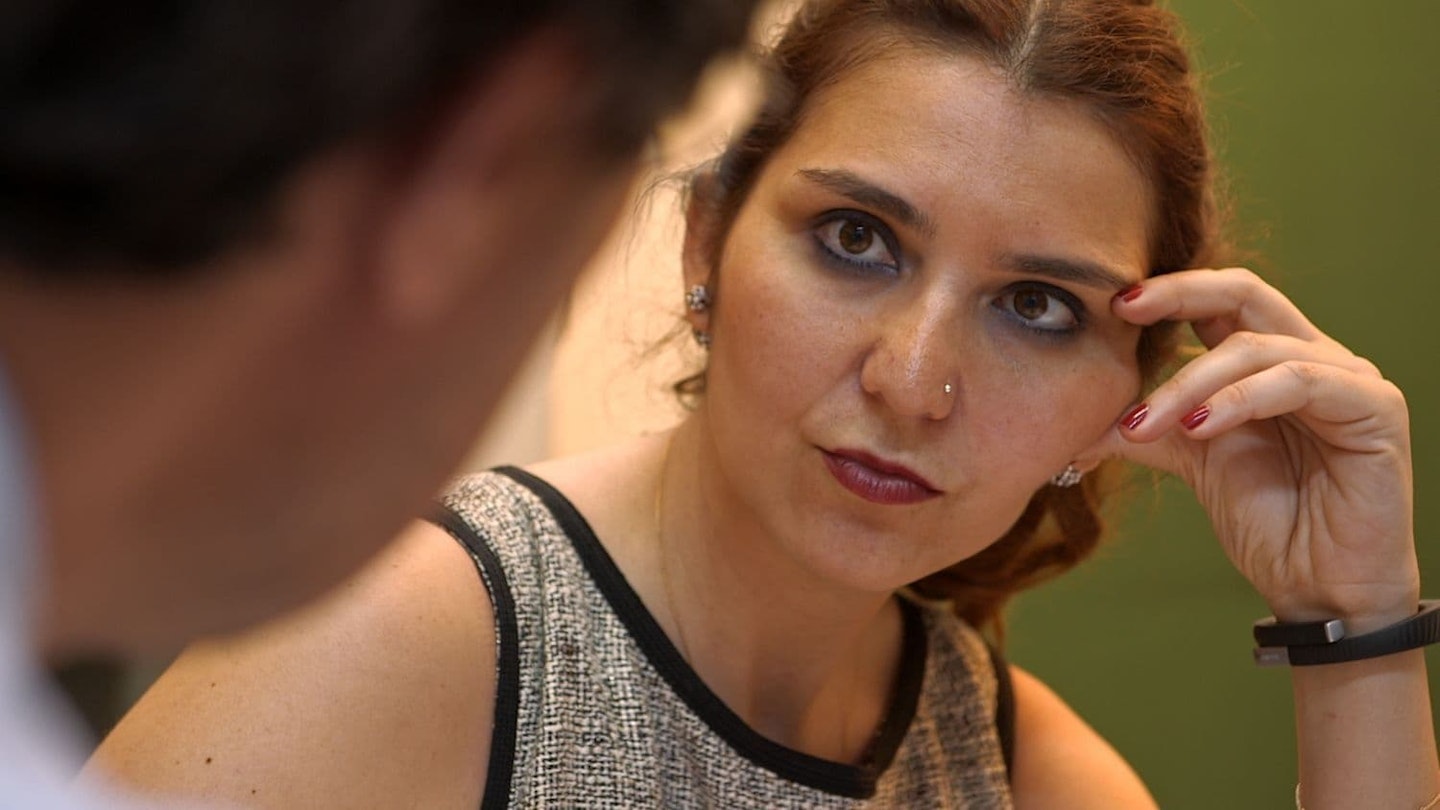The UK’s official entry for the Best International Feature Film at the 2021 Oscars, Dying To Divorce is a tough, uncompromising watch flecked with specks of hope. Filmed over five years, Chloë Fairweather’s conventionally made but engrossing film tackles the disturbing levels of femicide, domestic violence and internalised misogyny baked into Turkish society at every stratum. It begins with a shocking statistic — in Turkey, one in three Turkish women has experienced domestic violence, the highest proportion amongst economically developed countries worldwide — but goes behind the cold numbers to bring to life both the horrifying stories of the victims and the courageous lawyers and activists fighting the good fight in the face of enormous adversity.

One of Fairweather’s biggest achievements lies in tracking down the subjects and gaining their trust to talk so openly. At its heart, Dying To Divorce focuses on two heart-breaking stories, both cases handled by Turkish activist group We Will Stop Femicide. Arzu, married off at 14 under traditional Turkish custom to a man ten years older, lost both her arms and legs when her husband fired seven shotgun shells at close range on the way to the divorce court (there’s a moving contribution from her father, who regrets following tradition). To make matters worse, she also lost custody of her children. Meanwhile, Kübra suffered a brain haemorrhage after being attacked by her husband, two days after giving birth. A former Bloomberg news presenter who loved to talk, she lost the ability to speak and walk and had to go through speech therapy in order to testify against her attacker in court. In both portraits, Fairweather doesn’t forget the human stuff; Arzu’s desire to dye her hair to mark a new period of freedom; the close bond between Kübra and her brother.
Fairweather is careful to sketch the political climate, the attempted coup of 2016 and the rallies of anti-feminist President Erdoğan, that further undermine the status of women.
Yet the odds are stacked against them. Even with the help of committed lawyers, the Turkish judicial system often delivers reduced sentences for perpetrators of domestic violence, while the health-care system often dismisses traumas and injuries meted out by men as self-inflicted or accidental. Fairweather is also careful to sketch the political climate, the attempted coup of 2016 and the rallies of anti-feminist President Erdoğan, that further undermine the status of women.
In this context, when lawyers are being arrested or worst, Fairweather focuses on female attorney Ipek Bozkurt, who battles both tirelessly and intelligently to preserve not only women’s rights but also their safety. She is a pinprick of light in an incredibly dark story. The films tells us that, in 2019 alone, more than 470 women were killed in Turkey, Fairweather highlighting all their names in a moving act of remembrance. Without the efforts of Bozkurt and We Will Stop Femicide, you just know it would have been a whole lot worse.
